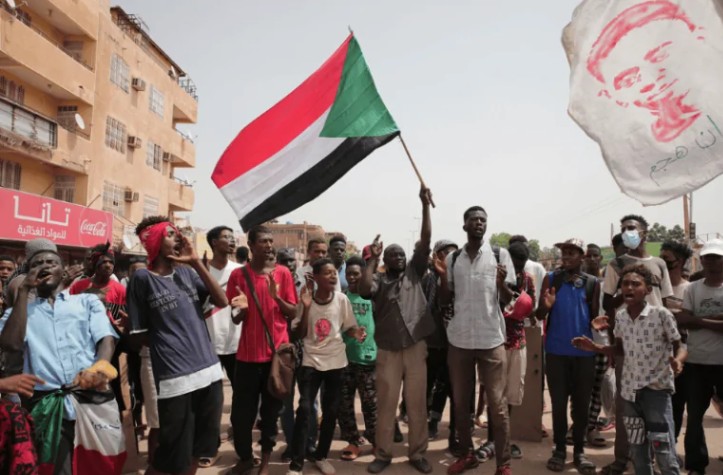
Sudan and Pakistan have revived their defence cooperation
through a new arms agreement, marking the resumption of military and industrial
collaboration between the two countries after earlier negotiations stalled.
According to Pakistani and Sudanese media reports, the
agreement involves the supply of trainer aircraft, drones, and armoured
vehicles, forming part of a broader initiative to strengthen Sudan’s defence
capabilities amid ongoing security challenges.
The deal follows a previous understanding reached between
the two countries earlier in August 2025, which faced technical and political
delays before being restructured.
The final signing took place in Islamabad between officials
from Sudan’s Defence Industries System (DIS) and Pakistan’s Ministry of Defence
Production.
According to the Pakistani outlet "The Current", Sudanese delegation was led by
General Mirghani Idris Suleiman, the Director-General of the Defence Industries
System, who is currently under U.S. and European sanctions for his role in
Sudan’s military supply network.
The delegation met with Pakistan’s Federal Minister for
Defence Production, Muhammad Raza Hayat Harraj, to finalise the terms of
cooperation.
Although details of the revised contract have not been
publicly disclosed, the new arrangement is believed to cover training aircraft,
unmanned aerial vehicles (UAVs), and light armoured vehicles, replacing certain
components that had become unavailable due to international supply
restrictions.
The agreement is part of Sudan’s ongoing efforts to rebuild
its defence capacity following disruptions in its domestic arms production
during the country’s ongoing internal conflict.
For Pakistan, the deal reinforces its position as a regional
defence exporter, particularly in affordable UAVs and light combat aircraft.
The United States and European Union have both sanctioned
Sudan’s Defence Industries System for providing material support to the
Sudanese Armed Forces in the conflict against the Rapid Support Forces (RSF).
Washington has described the network as a key supplier
sustaining the war effort, citing arms procurement through foreign
intermediaries.
Analysts say the revived deal could strengthen ties between
the two countries but may also draw scrutiny from Western governments due to
the involvement of sanctioned Sudanese entities.
Neither Islamabad nor Khartoum has issued an official
statement on the full scope or value of the contract. However, officials
familiar with the matter described the talks as part of ongoing
military-industrial cooperation, with future projects expected to include joint
training and technical support.
The renewed partnership reflects a broader trend of Sudan
seeking alternative defence partners amid growing isolation from Western
suppliers, and Pakistan expanding its footprint in the African defence market.











